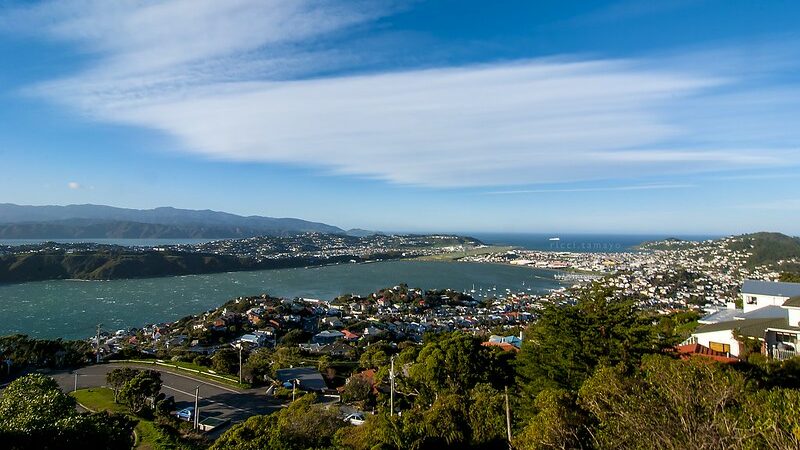I have been saying for a while now that if we are going to bring forward billions of dollars of our children’s money and inject it into rebuilding our economy after the Covid-19 pandemic, then we have both a moral and an economic responsibility to put that money to work on the long-term challenges facing our country, like climate change.
If we don’t, these challenges risk becoming the crises of the future – crises that our children will inherit and have to deal with and pay for themselves. Every dollar we borrow to rebuild our economy now, is a dollar future generations will not have available to spend getting through their own crises.
I recently put this to the Nobel Prize winning economist Professor Joseph Stiglitz, who said categorically that now is the time to prioritise investments in climate-friendly infrastructure. Because these investments create more jobs, deliver higher returns per dollar spend, and lead to increased long-term cost savings.
New Zealand sticks to 2030 climate target while waiting for 1.5C advice
I was talking with Professor Stiglitz as part of a new podcast series I launched recently called What Comes After What Comes Next. It’s a project I have been working on over the last few weeks to help inform the debate about the type of economy we want to create following the disruption caused by the coronavirus.
For those not familiar with his work, Professor Stiglitz has spent decades arguing in favour of a more progressive approach to economics. In the preface to his most recent book, which was written before the pandemic, he wrote: “this is a time for major changes. Incrementalism — minor tweaks to our political and economic system — are inadequate to the tasks at hand.” This was a particularly prescient observation given the challenges we face right now.
Twelve years ago, we also pumped billions of dollars into the economy to get it going again after the global financial crisis. At the time, experts, like Professor Stiglitz, and myriad organisations called on governments to put the money towards a green recovery. But, that stimulus, like every other economic recovery programme in history, helped further lock us into the same highly polluting pathway we were on before the financial crisis hit.
This time around it must be different.
Japan to launch ‘green recovery’ platform and ministerial meeting
We have the foundations in place. Countries have committed to cut emissions under the Paris agreement, and here in New Zealand we have one of the world’s most ambitious climate laws. Both now need to be the compass that guides all of our investments in a post-COVID world.
Even before the pandemic, we knew this was going to be most consequential decade in human history. Global CO2 emissions must at least halve in the next 10 years if we are to have any chance of avoiding climate breakdown. We also know we need more homes that are safe and warm, better transport options, and more reliable water supplies.
So, why not address these related challenges at once?
We can make our homes warmer; build electric vehicle charging networks; install clean, renewable energy solutions in local communities; and redesign roads to support more cycling and public transport. These projects all need large-scale deployment and will create jobs and, so, will have benefits not only for the climate but boost the economy too.
Climate news in your inbox? Sign up here
Our Government’s recent Budget included immediate measures to keep people in work and, where that’s not possible, to create new jobs and get people the training and education they need to secure new work. But there is still work to be done to decide the type of economy we want in the future.
Closing my Budget speech in the New Zealand Parliament, I said that the pandemic has opened a window onto something new, something better. It is a once-in-a-century chance to create thousands of new jobs and build a clean-tech, high-value economy that works for everyone.
We have some extremely impressive podcast guests coming up – not least Naomi Klein, Dr Vandana Shiva, Bill McKibben, and Christiana Figueres. I hope hearing from these world-renowned thinkers will inspire more of us to work together to create a fairer, more climate-friendly future.
James Shaw is New Zealand’s minister for climate change
